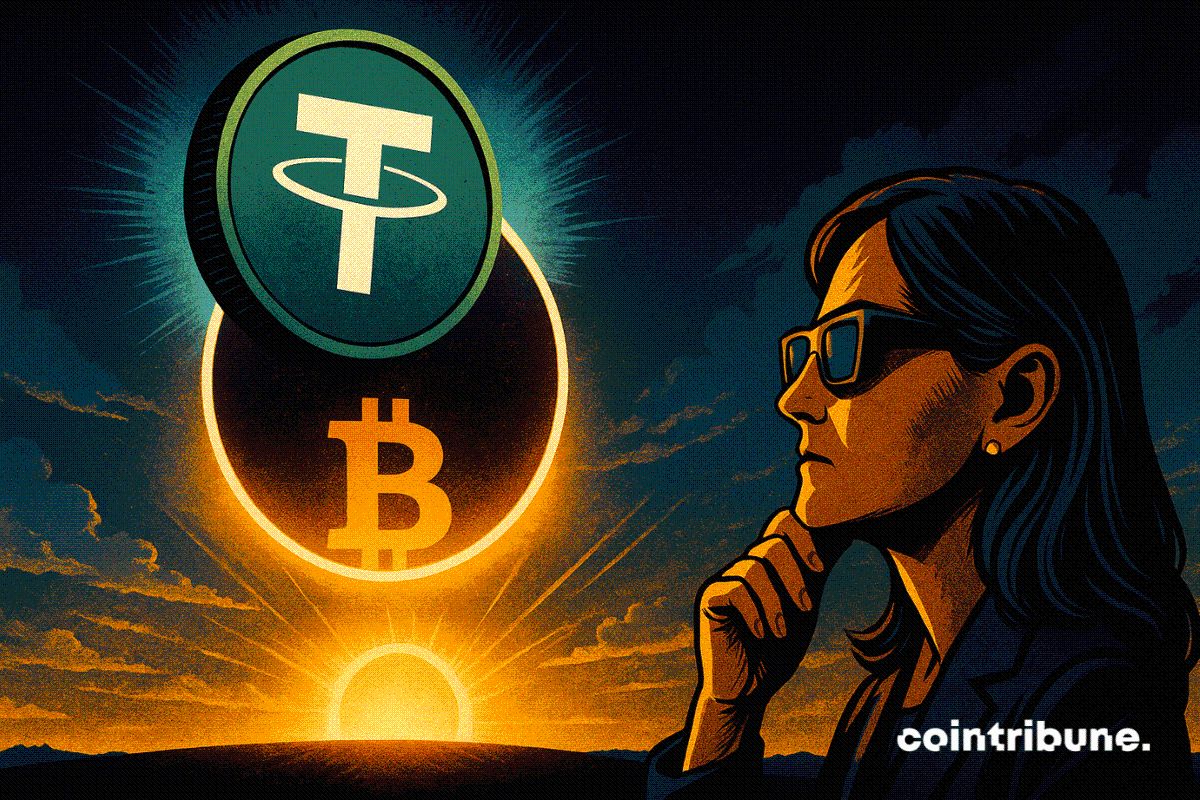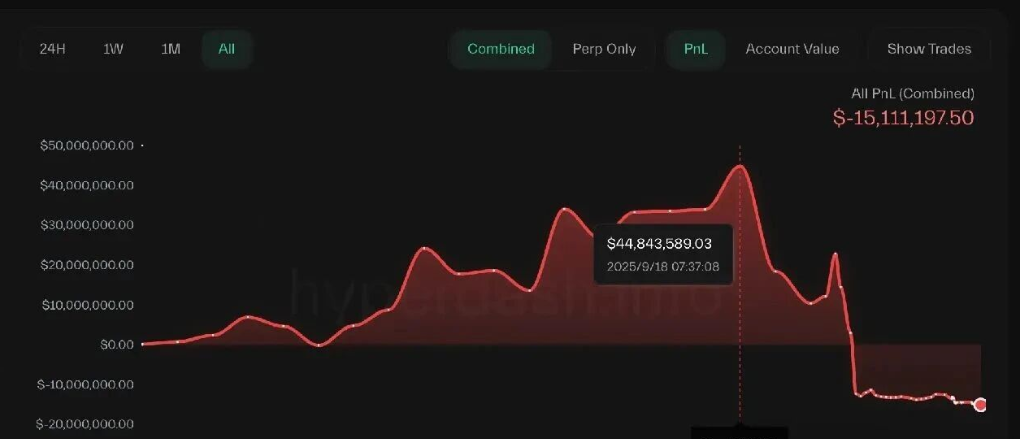Fed warns banks could lose relevance without blockchain adoption
- Fed directs banks to adopt blockchain to maintain relevance
- Tokenization is highlighted as an immediate use in the financial sector
- Blockchain can reduce fraud and risks in banking operations
Federal Reserve Vice Chair for Supervision Michelle Bowman stated that banks that fail to adopt blockchain technology risk becoming irrelevant in the financial system. The warning was delivered in her speech at the Wyoming Blockchain Symposium on August 19, where the executive reinforced the need for regulators and institutions to be more open to innovation in the cryptocurrency sector.
Bowman stated that it is essential to abandon an overly cautious mindset in the face of technological evolution.
"It's essential that banks and regulators be open to engaging with new technologies and abandon an overly cautious mindset. Regulators must understand new products and services and recognize the usefulness and necessity of adopting technology in the traditional financial sector."
highlighted.
The executive emphasized that this transformation should not be seen as optional, but as a requirement for the continued vitality of the banking system. According to her, institutions that resist modernization may become peripheral, while forward-thinking banks will be better able to consolidate their market presence.
One of the key points of the speech was tokenization, which Bowman identified as the most immediate use case for blockchain. She explained that tokenization enables the digital transfer of assets without the need for physical movement or multiple intermediaries. This process reduces manual steps, eliminates custody risks, and improves operational efficiency, opening the way for greater access and liquidity in financial markets.
The director also noted that with proper regulatory alignment, tokenization could move beyond the experimental phase and achieve widespread adoption, benefiting both large banks and smaller community institutions.
Another highlight was blockchain's potential in combating financial fraud. Bowman acknowledged that banks face recurring problems with identity theft, scams, and cybercrime, but reinforced that the technology can offer concrete solutions.
"If fraud can be combated with new technologies, we must ensure that the regulatory framework doesn't get in the way. I see this as an exciting opportunity for collaboration between the industry and the Fed."
stated.
Bowman's positioning is a direct call for the banking sector to keep pace with the digital transformation driven by blockchain and cryptocurrencies.
Disclaimer: The content of this article solely reflects the author's opinion and does not represent the platform in any capacity. This article is not intended to serve as a reference for making investment decisions.
You may also like
Google Finance Integrates AI and Prediction Market Data for Smarter Insights

Kazakhstan launches a billion-dollar crypto fund with seized assets

Ripple Avoids Wall Street After SEC Victory

The Story of Brother Machi's "Going to Zero": Just Be Happy

